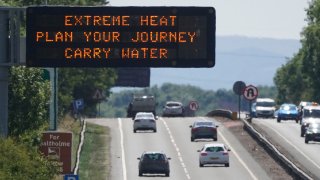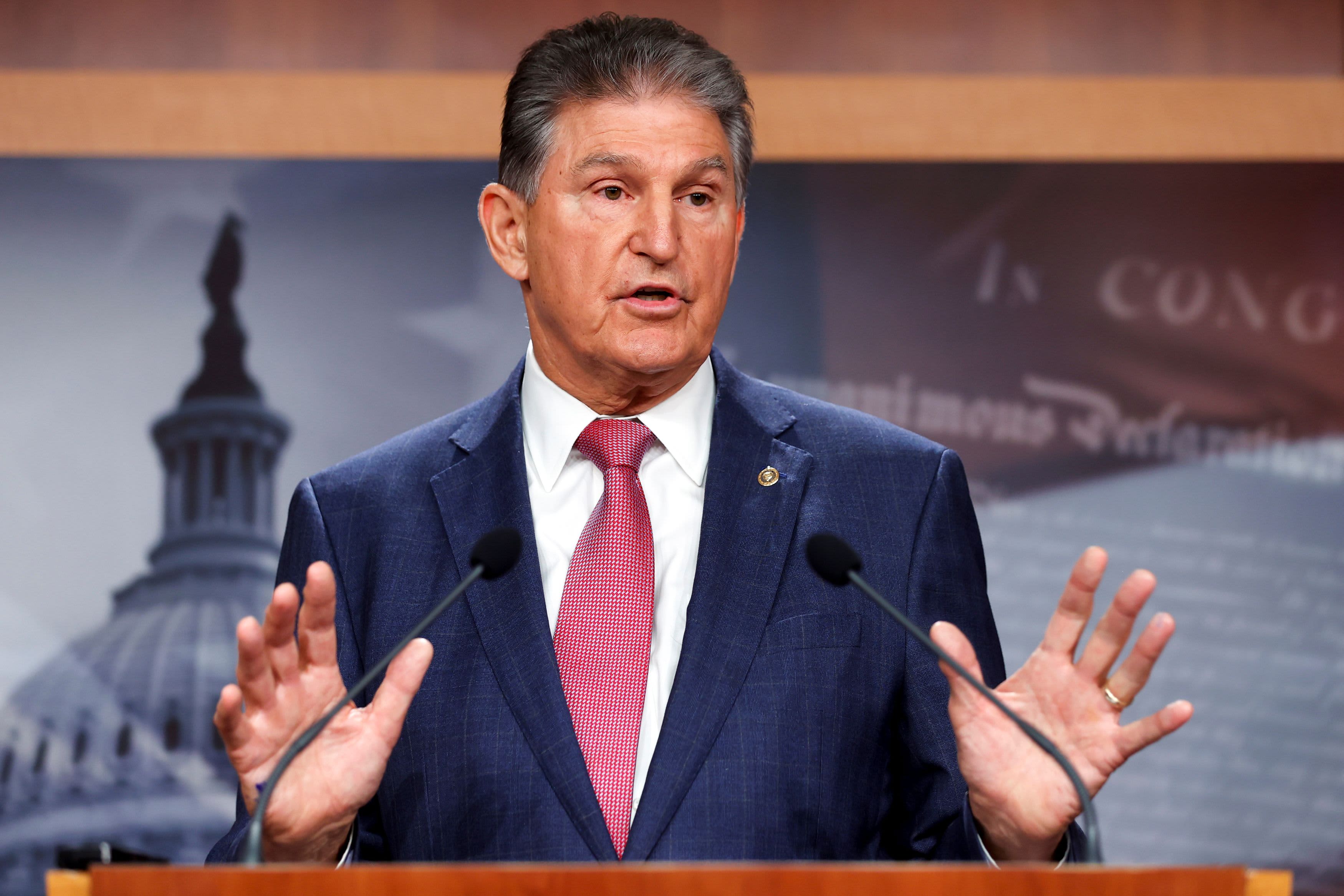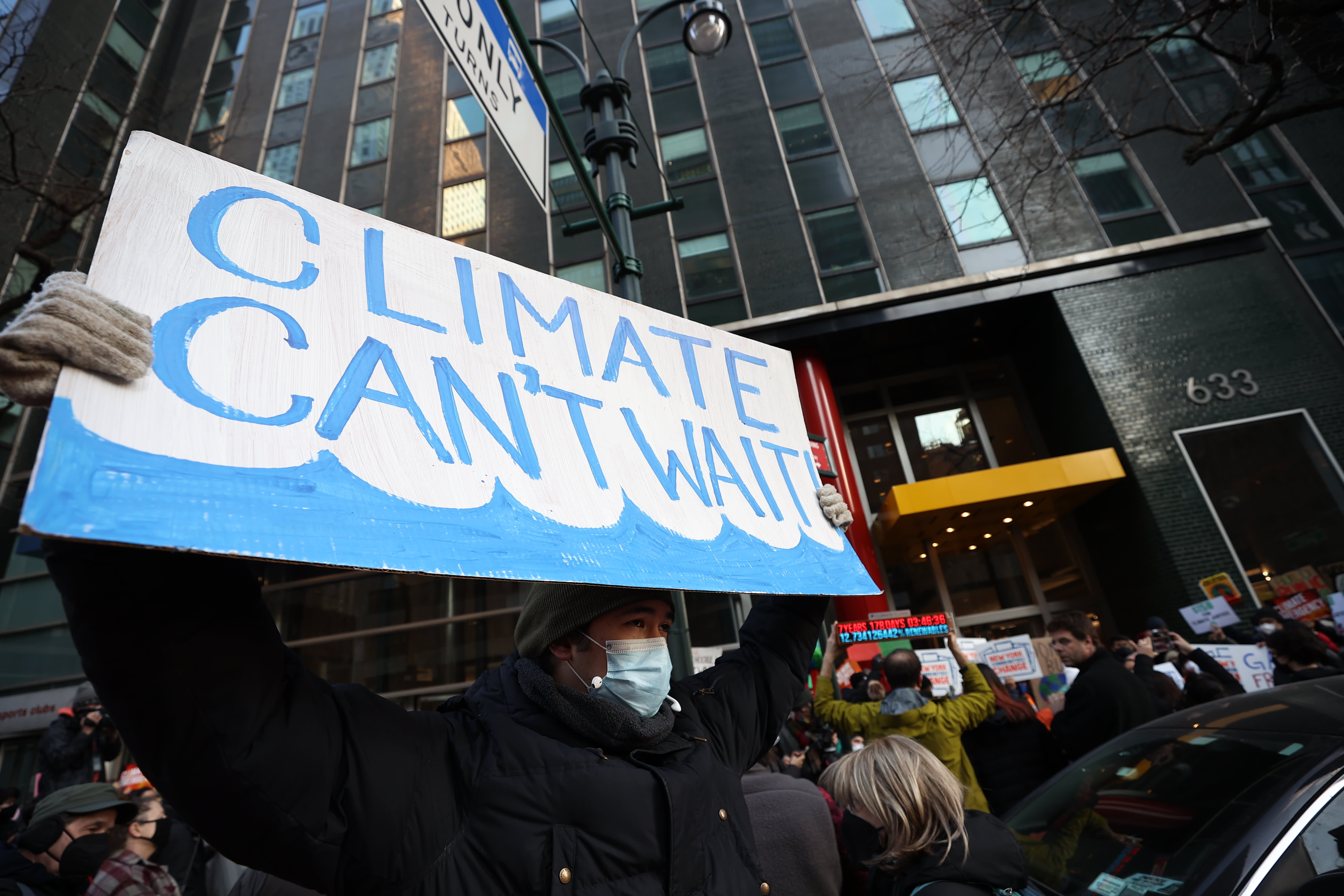
The British government was holding an emergency response meeting Saturday to plan for record high temperatures next week after weather authorities issued their first-ever “red” warning for extreme heat.
The alert covers large parts of England on Monday and Tuesday, when temperatures may reach 40 degrees Celsius (104 Fahrenheit) for the first time, posing a risk of serious illness and even death among healthy people, the U.K. Met Office, the country's weather service, said Friday.
The British heat record is 38.7C (101.7F), set in 2019.
Get Boston local news, weather forecasts, lifestyle and entertainment stories to your inbox. Sign up for NBC Boston’s newsletters.
Rail passengers and users of the London Underground subway system were being advised not to travel on Monday and Tuesday unless it's absolutely necessary. With children and older people considered particularly vulnerable to high temperatures, schools and nursing homes have been urged to take steps to protect students and older residents. Most schools in England are still in session until the end of next week.
“If customers do need to travel, they should check before they travel, as we are expecting there to be some impact to Tube and rail services as a result of temporary speed restrictions we will need to introduce to keep everyone safe,” said Andy Lord, the chief operating officer of Transport for London, which runs the capital’s transportation system.
The alert comes as scientists say climate change is increasing the likelihood of exceptional heat waves in Britain, a country unaccustomed to such temperatures. Few homes, apartments, schools or small businesses in the country have air conditioning.
Britain usually has moderate summer temperatures. Across the U.K., average July temperatures range from a daily high of 21 C (70 F) to a low of 12 C (53 F).
London Mayor Sadiq Khan met with representatives of the National Health Service, police, fire and other emergency services on Friday to ensure that plans were in place to deal with the heat emergency.
One doctor warned that the upcoming heat wave and a surge in COVID-19 infections were causing a nightmare for health workers.
“A lot of hospital buildings are very old, particularly in London, and many don’t have air conditioning and windows that don’t open – so they are extremely hot,’’ said Dr. Claire Bronze, 38, an emergency room consultant in London. “Some staff still have to wear PPE – so plastic gowns, masks, gloves – on top of their normal uniform which, as you can imagine, means people are quickly going to get very hot and dehydrated.”



